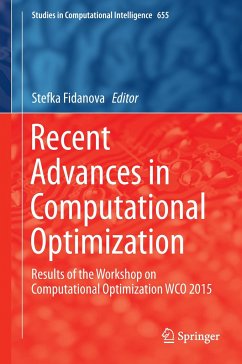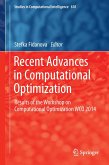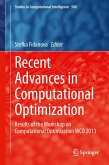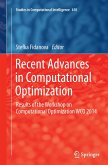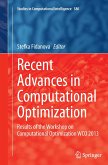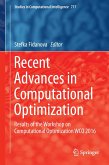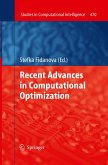This volume is a comprehensive collection of extended contributions from the Workshop on Computational Optimization 2015. It presents recent advances in computational optimization. The volume includes important real life problems like parameter settings for controlling processes in bioreactor, control of ethanol production, minimal convex hill with application in routing algorithms, graph coloring, flow design in photonic data transport system, predicting indoor temperature, crisis control center monitoring, fuel consumption of helicopters, portfolio selection, GPS surveying and so on. It shows how to develop algorithms for them based on new metaheuristic methods like evolutionary computation, ant colony optimization, constrain programming and others. This research demonstrates how some real-world problems arising in engineering, economics, medicine and other domains can be formulated as optimization problems.
"I would recommend this book both to practitioners interested in solving real-life optimization problems and to mathematicians and computer scientists developing and/or improving optimization algorithms. The plethora of application examples will help readers better understand the breadth of possible applications, teach them a few tricks that they will be able to use, and, by emphasizing remaining challenges, encourage future research." (V. Kreinovich, Computing Reviews, November, 2016)

